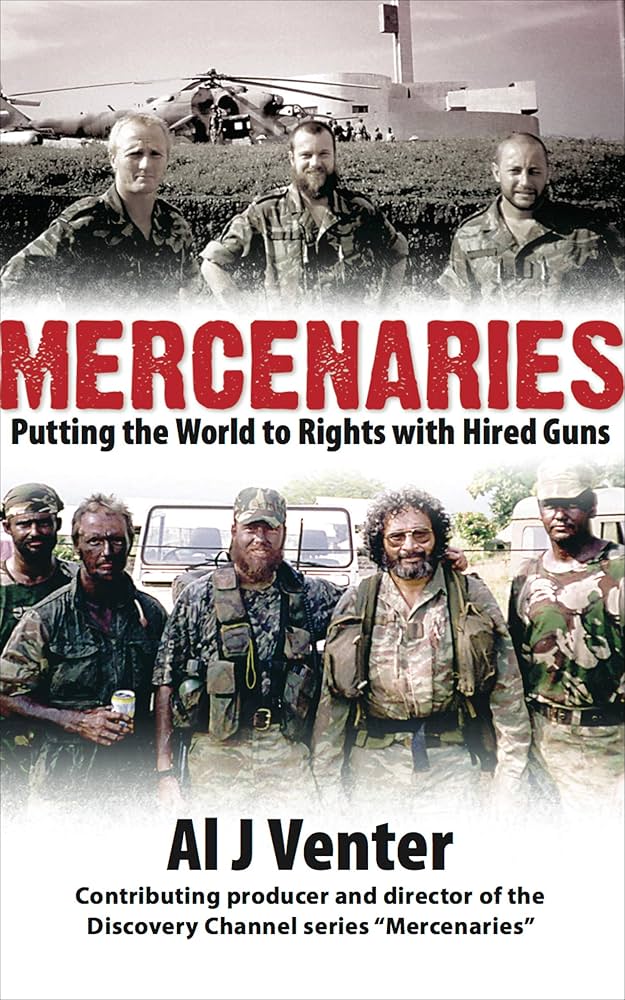Nigeria must choose results over national pride in the fight against terrorism and insecurity! As blood continues to soak the soil of Benue and other once-peaceful parts of Nigeria, the nation must confront a sobering truth: the security architecture as currently constituted is failing. Over the weekend, in yet another grisly chapter of horror, the village of Yelewata in Guma Local Government Area of Benue State was brutally attacked. More than 200 civilians – men, women, and children – were slaughtered in a manner that can only be described as grotesque and barbaric savagery. This was not an isolated event, nor was it unexpected. It is part of a sustained campaign of violence that has rendered large swathes of Nigeria’s Middle Belt, Northeast, and Northwest ungovernable. Despite years of military operations, declarations of technical victories, and billions of dollars in defense spending, Nigeria has yet to reclaim its monopoly on the legitimate use of force across its territory.
The Nigerian state is not only bleeding, it is increasingly being mocked by an assortment of enemies that range from local warlords to transnational terror groups. And while our soldiers continue to fight with courage, they are overstretched, underequipped, and caught in a war of attrition that saps morale and limits mobility. We are losing this war. In this dire context, we must now ask: Is it not time to strip away the veneer of pride and dogma, and consider what we have long avoided – the hiring of private military contractors, or mercenaries, to assist in turning the tide?
This is not an uncharted path for Nigeria. In 2014–2015, as Boko Haram swept across the North-east, capturing towns and displacing millions, then-President Goodluck Jonathan quietly brought in South African private military contractors. Operating under a discreet arrangement, these professionals brought aerial capabilities, advanced reconnaissance, and real battlefield experience in asymmetrical warfare. Backed by the Nigerian military, they quickly helped to roll back Boko Haram’s advances and retake key territories.
The results were undeniable. For the first time in years, Boko Haram was on the defensive. Elections were held with relative peace. There was renewed confidence in the possibility of victory. But the moment was short-lived. President Muhammadu Buhari, upon assuming office in May 2015, terminated the mercenaries’ engagement – citing sovereignty concerns and transparency issues. What followed was a slow unraveling. Boko Haram morphed into factions like ISWAP, and the violence metastasized into banditry, mass kidnappings, and rural terror.
The use of private military contractors is neither new nor shameful. From Angola to Sierra Leone, from Colombia to Mozambique, governments have, at their lowest ebbs, turned to specialized foreign fighters to help restore order. Executive Outcomes turned the tide in Sierra Leone. Colombia reclaimed vast swathes of drug cartel territory with contractor-supported operations. Even the United States – the bastion of military professionalism – employed tens of thousands of military contractors in Iraq and Afghanistan to protect infrastructure, train troops, and supplement overstretched regular forces.
These choices were made not out of luxury, but out of necessity. Nigeria is now in that same position. When terror knocks on every door – from Kaduna’s train stations to Sokoto’s markets, from Plateau’s hills to Zamfara’s farms – pride is no longer a virtue, it is a liability.
Hiring private military contractors is not a substitute for security sector reform. It is not a long-term solution. But it can be a strategic stopgap – one that gives Nigeria breathing space, buys time, and regains lost territory. Mercenaries can bring: amongst others, tactical superiority in asymmetric warfare; specialized equipment and rapid response capability, training and technical support for Nigerian forces, and mobility and intelligence gathering in terrain that has proven fatal for conventional units. This model has worked before. And unlike in 2015, Nigeria today can establish clearer rules of engagement, stricter oversight, and formal contracts under military supervision to avoid the opacity of the past. President Tinubu has both the constitutional authority and political capital to act. He does not need to reinvent the wheel. What he needs is resolve.
Public sentiment in Nigeria has shifted and the nation is tired of excuses. In the North-east, North-west, and Middle Belt – where blood has become routine and displacement the norm – people want results, not rhetoric. They care little for the nationality of those who secure their towns. They want their children to sleep in peace. They want to return to farms, to school, to life. It is telling that lawmakers like Ahmed Jaha of Borno have called for a return of mercenaries. Security analysts and even governors – including Babagana Zulum and the former Kaduna Governor, Nasir El-Rufai – have echoed this call. They are not warmongers. They are realists. They have watched their people die in droves while the state fumbles and hesitates. The debate is no longer about whether to use mercenaries. It is about how to do so transparently, effectively, and urgently. Nigeria cannot afford another decade of hollow speeches and hollowed-out villages.
President Tinubu now faces a critical test of leadership. He can follow the playbook of indecision that failed under Buhari, or he can chart a new course – one that places Nigerian lives above nationalist slogans. The lives lost in Benue are not just statistics. They are evidence of a state that is fast losing control. Mercenaries will not solve all our problems. But if properly deployed, they could offer a lifeline while we rebuild our forces, retool our intelligence services, and reform our security institutions.
This is not surrender. It is strategy. It is time to stop asking if we should use mercenaries. The real question is: can Nigeria afford not to?





